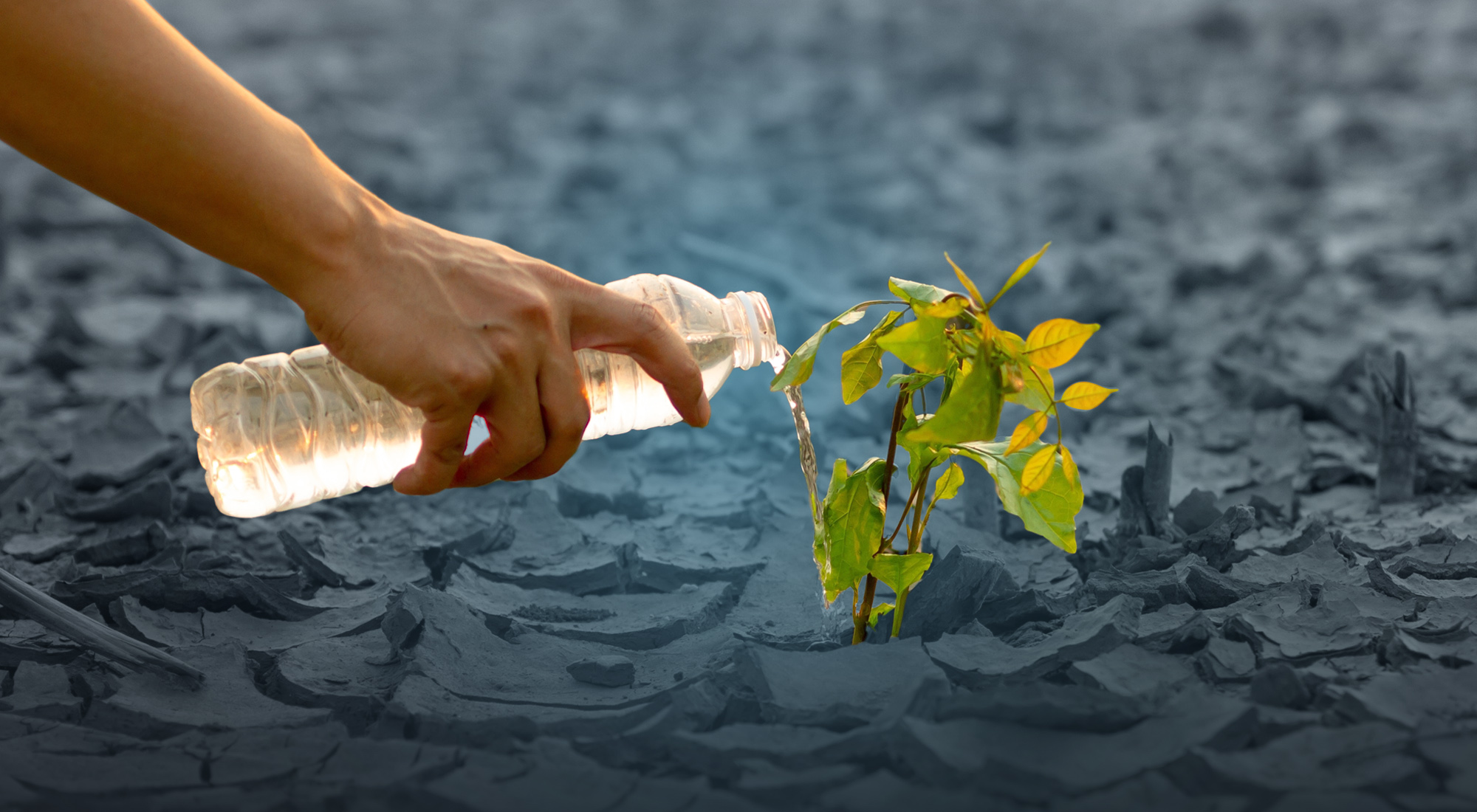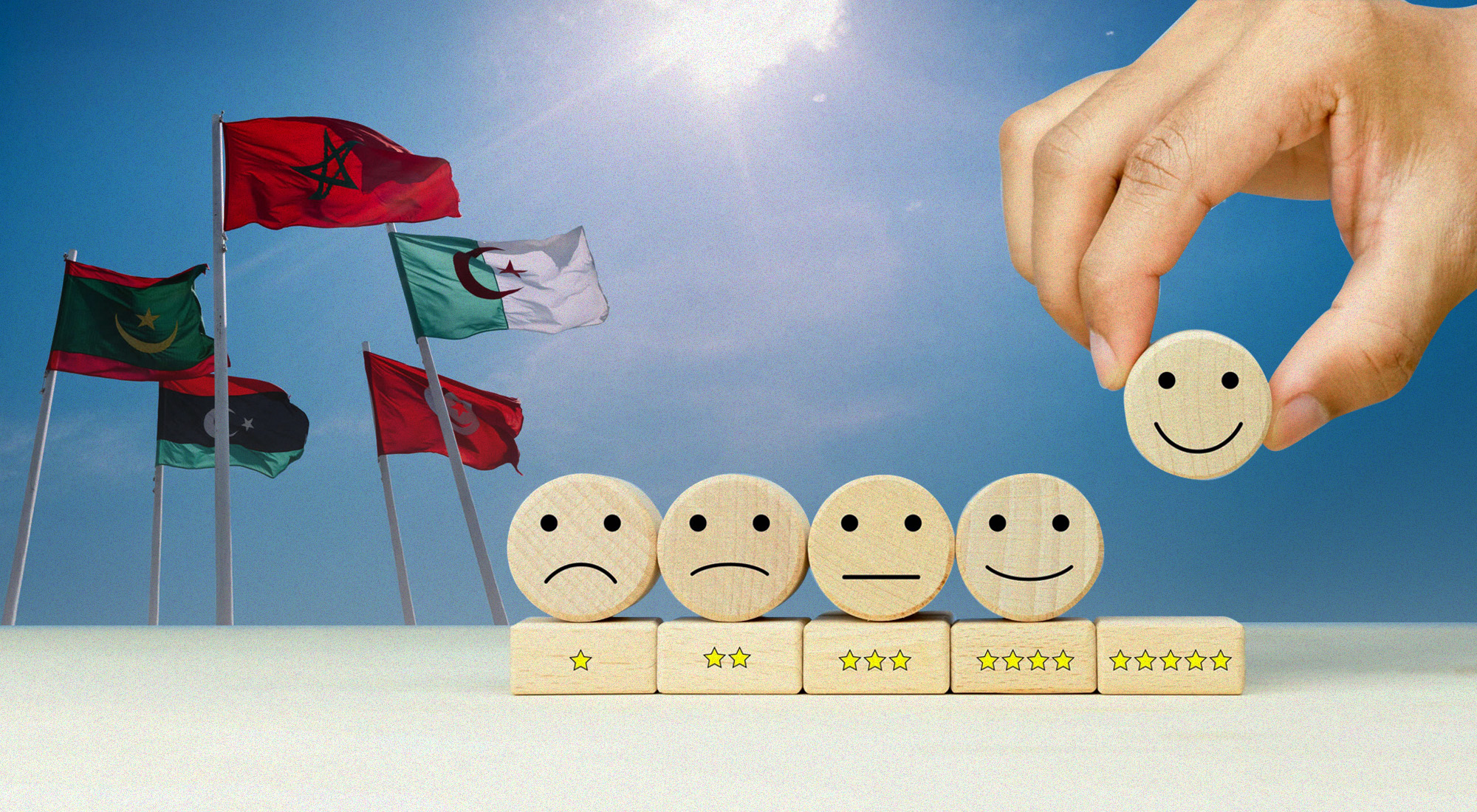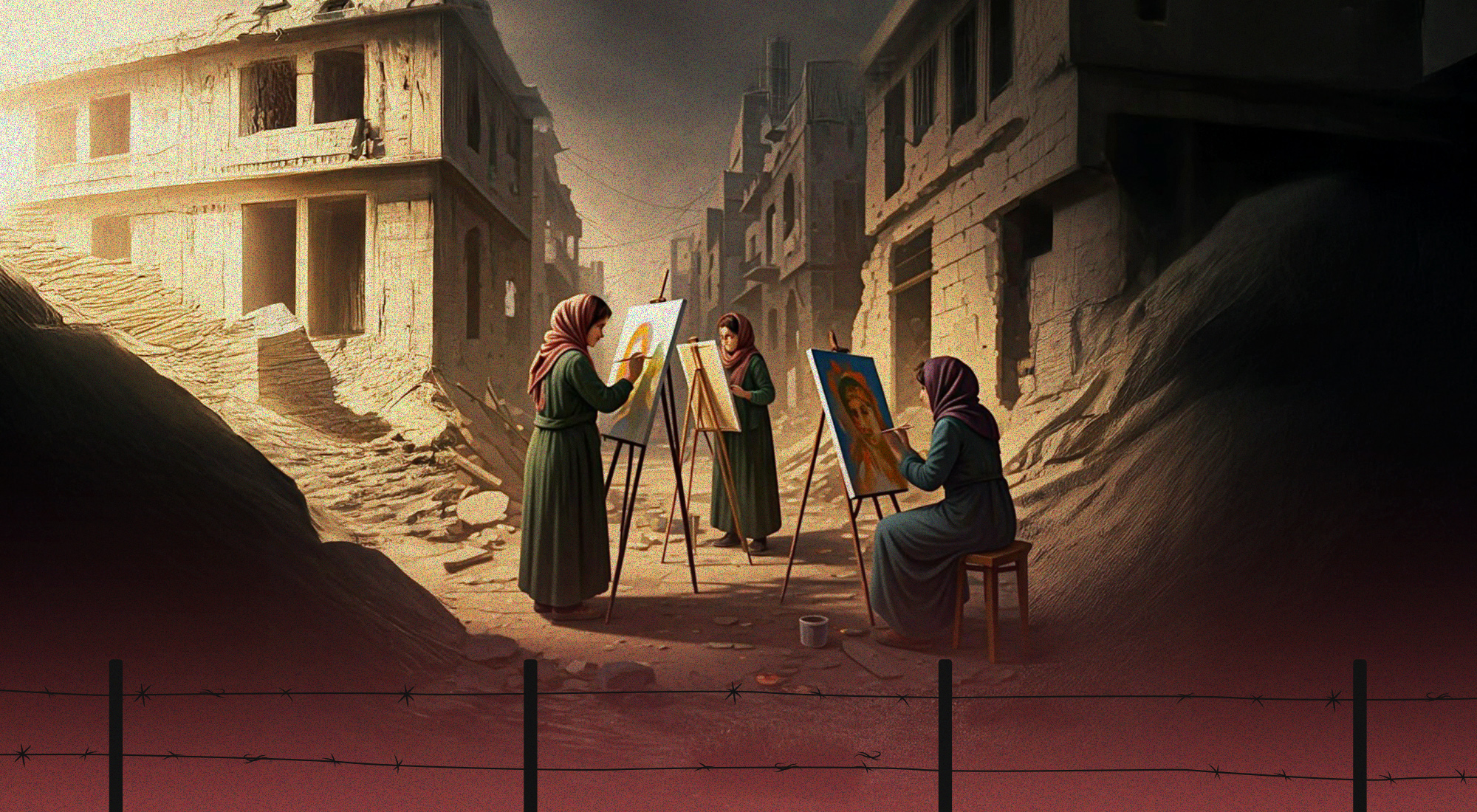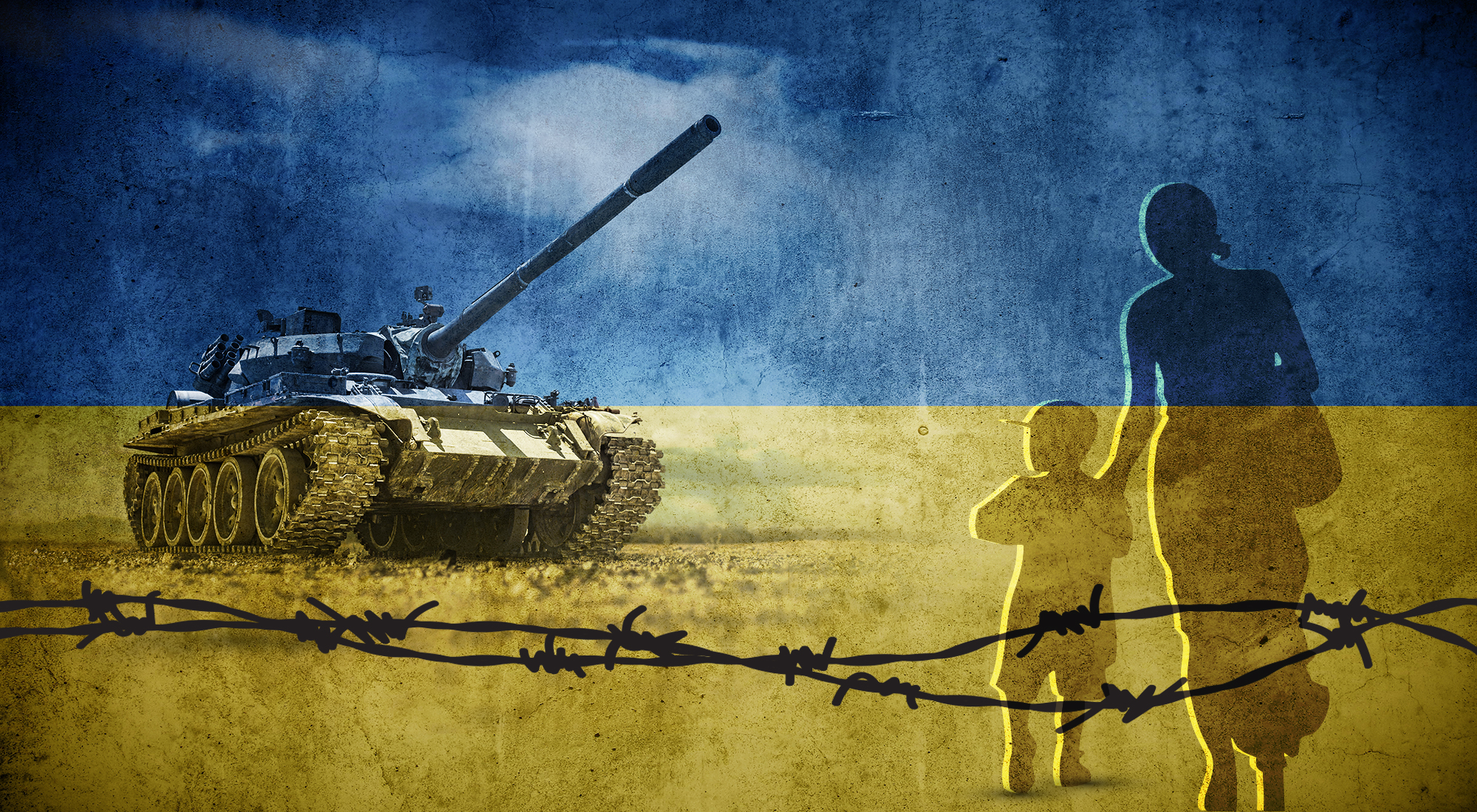The number of Covid-19 cases across the African continent has risen to almost 70,000, with more than 2,000 deaths and 23,000 recovered cases registered.[1] While the pandemic was slow to reach the continent compared to other parts of the world, it has since spread rapidly, affecting all of the 54 African countries.[2] After South Africa, the largest number of cases reported from the continent has been in Cameroon, Ghana, and Nigeria. As seven out of the 10 worst-affected countries in the WHO Africa Region lie in West Africa, this merits an inquiry into the alarming patterns of transmission in the sub-region and potential responses.[3]
Besides continent-wide challenges of widespread poverty, chronic underdevelopment, and massive socio-economic inequality, there are notable sub-regional disparities in Africa, especially concerning viral diseases. The West African region suffered from one of the largest Ebola outbreaks in 2013. In Guinea alone, it took nearly three months to identify the Ebola virus as the causative agent. By the time an official diagnosis was reached, the virus had become firmly entrenched and spread across several countries, migrating from marginalized communities to capital cities and, from there, abroad.[4]
The demographic profile of West Africa and the already strained and inadequate healthcare systems in the region’s countries means that governments in the region face a sui generis battle against Covid-19 with uncertain outcomes. Nonetheless, there is a reason for cautious optimism given the region’s experience with past outbreaks and accompanying hopes of a better organization of welfare resourced, improved decision-making processes, and active international lobbying for aid. These factors are arguably likely to strengthen the region’s preparedness and ability to mitigate and suppress the spread of the Covid-19 virus.
While projections don’t bode well for Sub-Saharan Africa’s response to the pandemic[5], a regional focus on Western Africa will be illustrative of both ground realities and game-changers. This insight examines the regional countries’ chances of success taking a cue from their past encounters with viral outbreaks. It assesses how an effective fight against Covid-19 can be pursued through several recommendations and future scenarios. In doing so, it outlines the key lesson of a need to depart from a one-size-fits-all approach to contain the spread of the pandemic in Africa.
From Ebola to Covid-19: Pre-existing structural constraints
The Covid-19 pandemic has overwhelmed healthcare systems worldwide, including those in Italy, Spain, and the United States, leaving some on the verge of collapse. Across Sub-Saharan Africa, underdeveloped health systems have been severely challenged: they have unreliable stocks of essential medicines; little to no electricity; high treatment fees for patients; and poor access to facilities. While the Ebola outbreak saw rapid foreign intervention almost a decade ago, the sub-region of West Africa might have to carry out Covid-19 countermeasures on its own.
In 2013, the Ebola outbreak hit West Africa and, unlike previous outbreaks, rapidly moved past remote villages to hit dense urban areas.[6] Similar to the Ebola outbreak, several factors, including some that are unique to West Africa, helped the Covid-19 virus spread undetected past containment measures. Accentuated by the danger of transmission from asymptomatic patients, difficulties in self-isolation given the communal lifestyle, poor housing conditions, ineffective or absent economic safety nets, and the inadequacy of basic facilities[7] are just some of the long-standing structural problems in this African sub-region.
Moreover, research conducted in 2015 has shown that areas stricken by extreme poverty were more likely to be associated with high rates of Ebola transmission and spread, which might apply to the current Covid-19 situation in West Africa.[8] Compared to other sub-regions of Africa, West Africa has the highest number of countries in which more than 30 percent of the population live on less than USD 1.90 a day[9].

Source: Oxford Analytica[10]
While the North African countries fare better, West Africa has been disproportionately affected by communicable diseases such as HIV, malaria and tuberculosis, complemented by outbreaks of Ebola, measles, meningitis, and monkey-pox. The novel coronavirus is known to more severely affect the elderly and those with underlying medical conditions. Despite West African countries having the youngest population in the world with a median age of 19.7 years, the sub-region is vulnerable to the “big three” killers; namely, HIV, malaria, and tuberculosis, all of which are known to modulate and suppress the immune system.
The armamentarium available for fighting Covid-19 will also be stretched further due to the pre-existing gaps in critical care provision. To illustrate the challenge, the density of healthcare workers in the WHO Africa Region is significantly lower than those recorded in Europe.[11] Comparative patterns of global health spending also put West Africa at the lowest ranks.[12]
The burden of containing Covid-19 could lead to the unavailability of critical healthcare systems and provisions for treating endemic local diseases. The case of the Ebola outbreak demonstrates the unintended repercussions that can result from the diversion of healthcare services to treating epidemics. Studies of the 2014-15 outbreak in Guinea, Liberia, and Sierra Leone estimated that a 50 percent reduction in diagnosis, treatment, and healthcare capacity resulted in increased mortality rates and impeded the fight against malaria, HIV/AIDS, and tuberculosis.[13]
Yet another challenge that shows West Africa’s exceptionalism is the region’s predisposition to some unfounded prejudices concerning epidemics. A belief that Covid-19 is a “white man’s disease”[14] and proscriptions by radical religious or other community factions[15], coupled with past outbreaks, have influenced attitudes and rumors reinforcing the perception that hospitals are places of contagion and death[16], resulting in self-administration of medication or treatment by traditional healers and practitioners, which might lead to more number of deaths in Covid-19 cases.
Nevertheless, while West Africa might carry the burden of compounded factors such as debilitating healthcare systems, dependency on international aid and the economic disruptions due to mandatory lockdowns and closures, there is reason to hope that the sub-region’s overall defense against Covid-19 may be capable of reducing and containing the impact of the virus.
The dangerous politics of pandemics and misinformation
History of vaccine hesitancy has been recognized as a barrier to the complete eradication of infectious diseases from the region. Community leaders such as local religious and political figures can often work contrary to the goals of eradication programs. They may successfully encourage fears that vaccination campaigns are western conspiracies and sterilization plots targeting religious groups, thus deterring large groups of the population from enrolling in vaccination or engagement initiatives. This is best exemplified with the 2003-4 polio vaccination boycott in Nigeria, resulting in several outbreaks that ultimately spread beyond the region.[17]
Social influences may also hinder containment initiatives by engendering attitudes of discrimination toward the disease and the diseased, as was the case with Ebola. In West Africa, strained public health institutions and the shortage of personal protective equipment led to a large number of medical personnel being affected, directly enforcing the perception that the Ebola virus was nosocomial; that is, originating in a hospital, resulting in an unwillingness to be tested.
Widespread stigmatization[18] of the disease amplified community resistance, impeded contact tracing, patient monitoring, and safe burial practices, and intensified uncooperative attitudes toward healthcare workers, including physical assault. As a consequence, the fight against Covid-19 in the region faces sociological difficulties that compound the widespread political and economic difficulties across West Africa that already threaten to impede a response.
Cultural norms and deep-seated superstitions aside, the persistence of conflict, extremism, and militancy in the sub-region might significantly impact containment measures, especially among vulnerable groups like internally displaced persons (IDPs), asylum-seekers and refugees. A complex interplay of these multiple factors could aggravate the Covid-19 situation with devastating results for countries like Burkina Faso. A struggling economy with a fragile healthcare system, food insecurity, and lamentable sanitation and hygiene measures, this war-torn nation has 700,000 displaced Burkinabe unprepared to face an incurable disease.
A contextual insensitivity can also be found in the various lockdowns imposed across the region. While they are already causing discord and confusion, some analysts[19] also argue that the lockdowns may increase mass cross-border migration, state-sponsored violence, and food insecurity while also hampering time-bound relief efforts. Political priorities in the pandemic are also being questioned, as conflict-ridden Mali conducted legislative elections[20] hours after its first coronavirus death, receiving a voter turnout of just 7.5 percent.
A strong public health response warrants strong governance. In a challenging socio-political situation aggravated by economic distress, the novel coronavirus brings new concerns and challenges. Securing the confidence of the local community and public trust will be more challenging for West Africa as this new virus descends into already exposed fault-lines.
Counterintuitive predictions and potential game-changers
Following global patterns, the Covid-19 pandemic has primarily materialized as a health crisis and a humanitarian tragedy in the making, with potentially drastic economic repercussions across West Africa. The impact on poor households and small, informal businesses across the sub-region[21] has been disproportionately large since the onset of the crisis, with the pace of the disruption predicted to accelerate in the coming weeks with incalculable volatility.
As with any major disease that exposes the weaknesses of neglected healthcare systems, Ebola underscored the importance of good governance on local and regional levels, specifically in West Africa, by galvanizing changes in governance that have kept momentum since. As early as 2001, African health ministers signed the Abuja Declaration[22] pledging to allocate at least 15 percent of their national budgets toward improving their health systems.
However, while 27 countries increased total health expenditures, seven reduced their health budget and 12 have remained stagnant. Thus far, some analysts state that the WHO failed to fill in the local governance gap in crisis management and provided a poor operational response in a series of failed actions that closely echo the organization’s response during the current crisis.[23]
Despite structural difficulties, lessons learned from the Ebola outbreak[24] have led to a greater regional and global focus on the preparedness and effectiveness of health systems across West Africa. These trends have emphasized leadership in the area of investigational treatment plans, while also building regional capacity in the area of viral hemorrhagic fevers.
There is unparalleled value in the region’s experience with epidemics. While the general public health systems in the region may have significant shortcomings, they are familiar with the knowledge vital to containing infectious and communicable diseases. Despite the dissimilarities between Covid-19 and the Ebola viruses, the essential infrastructure, containment measures, contact tracing, and best practice experience, combined with public trust campaigns already in place, will provide the critical weight to the efforts against Covid-19.
The delayed onset of the pandemic in West Africa may also contribute to its disease preparedness. Several countries in the region were far ahead of their global counterparts in instituting lockdowns. These countries include Sierra Leone with a national capacity of 13 ventilators[25], where a nationwide emergency and curfew were declared even before any confirmed cases were officially recorded.
![]()
Source: Oxford COVID-19 Government Response Tracker, BBC Research[26]
While the current situation appears serious for West Africa, multiple game-changers might underscore the success of the sub-region’s fight against the Covid-19 pandemic in the short- to medium-term future. Numerous organizations have already established programs on the ground and experience with treating Ebola has made their work-oriented to virus-prevention. Moreover, some West African countries have already acted early to inject liquidity into national economies, reduce interest rates, help local businesses survive the crisis, and support regional households’ economic welfare in the near future. While the current situation invites social and economic uncertainty, these are laudable measures.
From governments to international actors, all stakeholders in West Africa are reorienting their plans to face the challenges ahead, both in terms of adapting existing programs to respond to the shifting needs that Covid-19 creates and developing new programs. The impact of the crisis is already being felt by the international humanitarian aid sector, including numerous UN and non-governmental organizations. However, the international humanitarian aid community has never been more prepared to address the pandemic in the Global South, including West Africa.[27]
The Ebola outbreak taught the international aid sector important lessons on crisis collaboration. The International Rescue Committee and Doctors Without Borders helped coordinate transnational aid, in particular in Guinea, Sierra Leone, and Liberia, and worked closely with local health systems to contain the outbreak by filling the on-ground gaps. Their activities ranged from instructing locals about safe burial practices to reduce Ebola transmission, distributing hygiene products, providing outpatient treatments, and helping survey the epidemic’s progress; all measures similar to what is needed to tackle the current crisis.
The EU’s pledge to direct over 15 billion Euros toward the developing world, including West Africa, might also bring some monetary liquidity respite for local governments in elevating their programming, despite the questionable politics of benevolence.
As yet another complicating factor that might be more easily overcome this time, food transport has proven to be a challenge despite ample supply. While the UN World Food Program has issued several warnings that the number of people facing acute food insecurity could double by the end of 2020, some analysts predict that, despite the short-term shocks, West Africa is robust enough to overcome the expected food crisis with minimal socio-economic consequences[28], given that the world food stocks are high. Some countries in the region can partly shift consumption to home-grown maize after a recent bumper crop.[29]
Recommendations and the way forward
Overall, epidemiological models and experiential advice made available at the top need to be tailored to local contexts to respond efficiently to the pandemic. The strategy for navigating the course of spread in West Africa must additionally account for community factors, religious influences, dominant sects, and the political situation on the ground.
Given that West Africa remains at an acutely high risk of death tolls and negative socio-economic impacts, it is essential to rapidly utilize an intersectional approach to tackling the Covid-19 pandemic in the region. Across the realms of public health, social preservation, and regional economy, bold action by local actors aided by external partners is required.[30] To support local efforts, there is a strong need for culturally sensitive approaches to public health which could be designed and delivered by social scientists and medical professionals together.[31]
Five years ago, one of the most important lessons from the Ebola epidemic was that the additional stress on local healthcare facilities came at the expense of treatment for patients suffering from other diseases, in particular chronic ones. Both current and future collaborative efforts across West Africa need to be effectively targeted to maximize their impact. To this end, well-integrated measures need to be implemented simultaneously by governments and NGOs with experience of regional public health assistance in the region to support civil society efforts.
Given that the pandemic is a transnational threat that requires collective global effort and a return to multilateralism, the Nobel Laureate and Ethiopian Prime Minister, Abiy Ahmed, warned of the pandemic’s damaging impact on the developing world[32] and pointed at two institutions to instill hope – the WHO and G20 – signifying Africa’s need for external partners to tackle the crisis.
A potential Gleneagles moment for West Africa’s self-sustainability could give impetus to the sub-region’s healthcare resilience through an unprecedented opportunity to turn the pandemic into a new beginning. Regional governments need to be both determined and creative in their response to the Covid-19 crisis by fully exploiting inter-sectoral collaborations.
In sum, the homogeneity accorded to Sub-Saharan Africa is under the lens and it is West Africa’s previous experiences that will open the way to success in dealing with the present pandemic.
References
[1] All statistics regarding Covid-19 infections were noted at the time of authoring this piece and the authors understand that these figures may vary by the time of publication and reading.
[2] “COVID-19 Cases Top 10 000 in Africa.” World Health Organization, World Health Organization, www.afro.who.int/news/covid-19-cases-top-10-000-africa.
[3] “COVID-19 Situation Reports.” World Health Organization, World Health Organization, www.who.int/emergencies/diseases/novel-coronavirus-2019/situation-reports/.
[4] “Factors That Contributed to Undetected Spread of the Ebola Virus and Impeded Rapid Containment.” World Health Organization, World Health Organization, 22 Sept. 2015, www.who.int/csr/disease/ebola/one-year-report/factors/en/.
[5] Nyenswah, Tolbert. “Africa Has a COVID-19 Time Bomb to Defuse.” World Economic Forum, 6 Apr. 2020, www.weforum.org/agenda/2020/04/africa-covid-19-time-bomb-defuse/.
[6] Mai-Duc, Christine, and Paul Olund. “Story So Far: Unprecedented Ebola Outbreak in West Africa: What You Need to Know.” Los Angeles Times, Los Angeles Times, 30 Oct. 2014, www.latimes.com/world/africa/la-ebola-outbreak-facts-20140725-htmlstory.html.
[7] Ndopu, Eddie. “The Threat of Coronavirus in Africa Flags a Deeper Crisis of Global Solidarity.” World Economic Forum, Apr. 2020, www.weforum.org/agenda/2020/04/covid-19-south-africa-developing-countries/.
[8] Liu, W.J., Hu, H., Su, Q. et al. HIV prevalence in suspected Ebola cases during the 2014–2016 Ebola epidemic in Sierra Leone. Infect Dis Poverty 8, 15 (2019). https://doi.org/10.1186/s40249-019-0525-9
[9] “West Africa: Extreme Inequality in Numbers.” Oxfam International, 25 Nov. 2019, www.oxfam.org/en/west-africa-extreme-inequality-numbers.
[10] “Africa may face uncontrollable Covid-19 crisis.” Oxford Analytica, 2 April, 2020, https://dailybrief.oxan.com/Analysis/GA251760/Africa-may-face-uncontrollable-COVID-19-crisis
[11] “World Health Statistics 2019: Monitoring Health for the SDGs.” World Health Organization, World Health Organization, 14 Apr. 2020, www.who.int/gho/publications/world_health_statistics/2019/en/.
[12] “Global Spending on Health: A World in Transition.” World Health Organization, World Health Organization, 21 Jan. 2020, www.who.int/health_financing/documents/health-expenditure-report-2019/en/.
[13] Parpia AS, Ndeffo-Mbah ML, Wenzel NS, et al. Effects of Response to 2014–2015 Ebola Outbreak on Deaths from Malaria, HIV/AIDS, and Tuberculosis, West Africa. Emerging Infectious Diseases, 22(3), 433-441. (2016) doi:10.3201/eid2203.150977.
[14] “Community Feedback COVID-19 #1 Africa Region, 23 March 2020 – Democratic Republic of the Congo.” ReliefWeb, www.reliefweb.int/report/democratic-republic-congo/community-feedback-covid-19-1-africa-region-23-march-2020.
[15] Ghinai, Isaac. “Listening to the Rumours: What the Northern Nigeria Polio Vaccine Boycott Can Tell Us Ten Years On.” Taylor & Francis, www.tandfonline.com/doi/full/10.1080/17441692.2013.859720.
[16] “Ebola Outbreak in West Africa.” United Nations Development Programme (UNDP), www.undp.org/content/undp/en/home/crisis-response/past-crises/west-africa.html.
[17] “Polio Eradication Efforts in Nigeria and India.” UNICEF, 29 Apr. 2009, www.unicef.org/cbsc/index_49534.html.
[18] “Socio-Economic Impact of the Ebola Virus Disease in West Africa: UNDP in Africa.” UNDP, www.africa.undp.org/content/rba/en/home/library/reports/socio-economic-impact-of-the-ebola-virus-disease-in-west-africa.html.
[19] Sperber, Amanda. “Africa Meets Pandemic With Violence, Confusion.” Foreign Policy, 2 Apr. 2020, www.foreignpolicy.com/2020/04/02/africa-coronavirus-pandemic-violence-confusion/.
[20] Posthumus, Bram. Mali Holds Second-Round Elections amid Coronavirus Fears: DW: 18.04.2020. Deutsche Welle, 18 Apr. 2020, www.dw.com/en/mali-holds-second-round-elections-amid-coronavirus-fears/a-53160588.
[21] “Tackling COVID-19 in Africa.” McKinsey & Company, www.mckinsey.com/featured-insights/middle-east-and-africa/tackling-covid-19-in-africa.
[22] “The Abuja Declaration: Ten Years On.” World Health Organization, World Health Organization, 7 Apr. 2016, www.who.int/healthsystems/publications/abuja_declaration/en/.
[23] Wenham, Clare. “What we have learnt about the World Health Organization from the Ebola outbreak.” Philosophical transactions of the Royal Society of London. Series B, Biological sciences vol. 372,1721 (2017): 20160307. doi:10.1098/rstb.2016.0307
[24] Oleribe, Obinna O, et al. “Ebola Virus Disease Epidemic in West Africa: Lessons Learned and Issues Arising from West African Countries.” Clinical Medicine , Royal College of Physicians, Feb. 2015,www.ncbi.nlm.nih.gov/pmc/articles/PMC4954525/.
[25] “New IRC Report Exposes Double Emergency of COVID-19 in Humanitarian Crises; Reveals Grave Shortages of Ventilators and ICU Beds in Fragile Countries.” International Rescue Committee (IRC), 9 Apr. 2020, www.rescue.org/press-release/new-irc-report-exposes-double-emergency-covid-19-humanitarian-crises-reveals-grave.
[26] “Coronavirus: The World in Lockdown in Maps and Charts.” BBC News, BBC, 7 Apr. 2020, www.bbc.com/news/world-52103747.
[27] Dromi, Shai M. “COVID-19 Is Spreading in Africa. How Should Philanthropy Respond?” Inside Philanthropy, Inside Philanthropy, 30 Mar. 2020, www.insidephilanthropy.com/home/2020/3/30/covid-19-is-spreading-in-africa-how-should-philanthropists-respond.
[28] “The Race to Feed Africa during a Pandemic.” The Economist, The Economist Newspaper, www.economist.com/middle-east-and-africa/2020/04/23/the-race-to-feed-africa-during-a-pandemic.
[29] Yami, M., Meyer, F. & Hassan, R. The impact of production shocks on maize markets in Ethiopia: implications for regional trade and food security. Agric Econ 8, 8 (2020). https://doi.org/10.1186/s40100-020-0153-5
[30] Jayaram, Kartik, et al. “Tackling COVID-19 in Africa.” McKinsey & Company, www.mckinsey.com/featured-insights/middle-east-and-africa/tackling-covid-19-in-africa.
[31] Vetter, P., Dayer, J., Schibler, M. et al. The 2014–2015 Ebola outbreak in West Africa: Hands On. Antimicrob Resist Infect Control 5, 17 (2016). https://doi.org/10.1186/s13756-016-0112-9
[32] Ahmed, Abiy. “If Covid-19 Is Not Beaten in Africa It Will Return to Haunt Us All: Free to Read .” Financial Times, Financial Times, 25 Mar. 2020, www.ft.com/content/c12a09c8-6db6-11ea-89df-41bea055720b.








